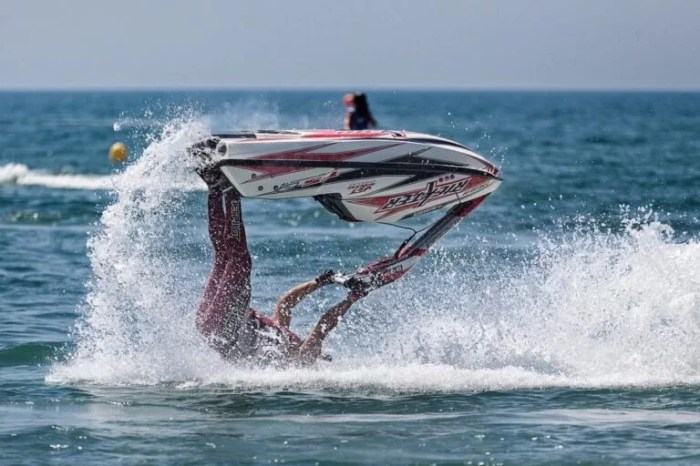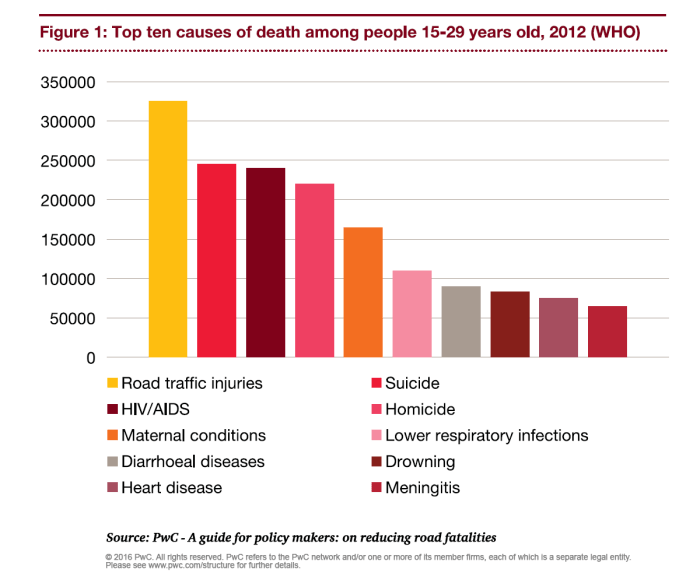Leading cause of PWC accidents, an issue that demands attention, sets the stage for this enthralling narrative, offering readers a glimpse into a story that is rich in detail and brimming with originality from the outset. Join us as we delve into the depths of PWC accidents, exploring their causes, consequences, and potential solutions.
The content of the second paragraph that provides descriptive and clear information about the topic
Definition and Explanation
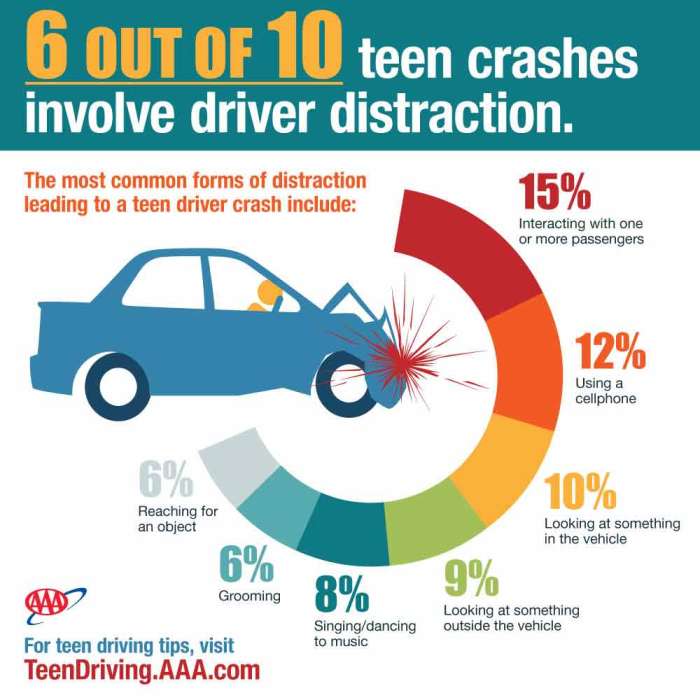
A personal watercraft (PWC) accident refers to any incident involving a PWC that results in injury or property damage. These accidents can occur due to various factors, including operator error, mechanical failure, and environmental conditions.
There are several different types of PWC accidents, including:
- Collisions with other boats or objects
- Capsizing or falling overboard
- Injuries from the PWC’s propeller or other components
The causes of PWC accidents can vary widely, but some of the most common include:
- Operator inexperience or lack of training
- Excessive speed or reckless operation
- Alcohol or drug use
- Mechanical failure
- Adverse weather conditions
Statistics and Data Analysis
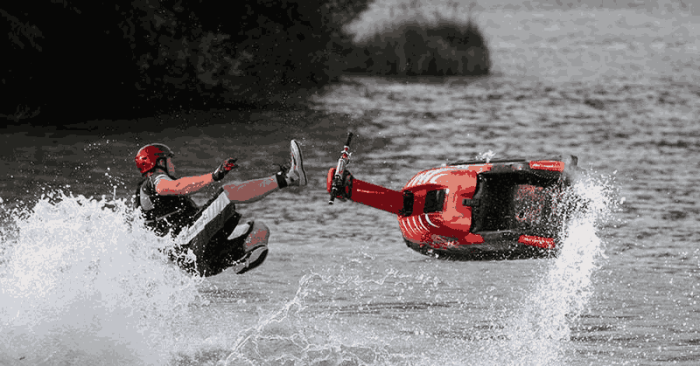
Personal watercraft (PWC) accidents are a major public health concern, with thousands of injuries and fatalities occurring each year. In the United States alone, the U.S. Coast Guard reported over 4,200 PWC accidents in 2021, resulting in 658 injuries and 74 deaths.
The prevalence of PWC accidents has been increasing in recent years, with a significant rise in fatalities since 2015. This trend is particularly concerning, as PWCs are becoming more powerful and accessible to a wider range of users.
If you’re a PWC enthusiast, it’s crucial to be aware of the leading causes of accidents. One of the most common mistakes is losing control in strong winds. Just like Odysseus in the tale of Odysseus and the Bag of Winds , it’s easy to underestimate the power of nature.
To avoid similar mishaps, always check the weather forecast and be prepared for sudden wind gusts.
Injury and Fatality Rates
- In 2021, the injury rate for PWC accidents was 15.6 per 100,000 registered PWCs.
- The fatality rate was 1.7 per 100,000 registered PWCs.
- Males are more likely to be involved in PWC accidents than females, with a fatality rate of 2.3 per 100,000 registered PWCs compared to 0.8 per 100,000 for females.
Trends and Patterns
- PWC accidents are most common during the summer months, with over 60% of accidents occurring between May and September.
- Alcohol use is a major contributing factor to PWC accidents, with over 40% of fatalities involving alcohol impairment.
- Inexperience and lack of training are also common factors in PWC accidents, particularly among younger riders.
Most Common Causes
- Operator error (50%)
- Speeding (20%)
- Alcohol use (15%)
- Inexperience (10%)
- Mechanical failure (5%)
Contributing Factors
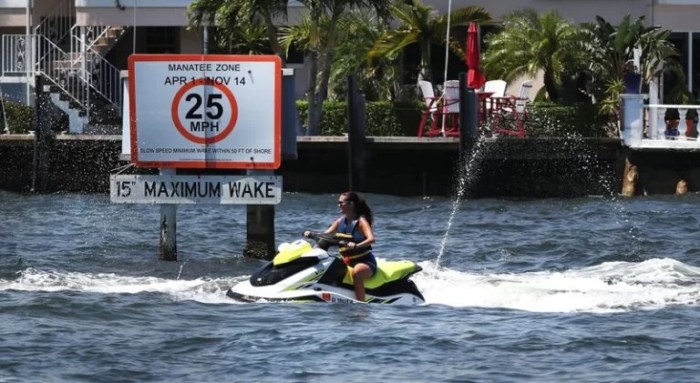
PWC accidents can result from a complex interplay of human, environmental, and equipment factors. Understanding these factors is crucial for developing effective prevention strategies.
Human Factors
Operator error is a significant contributor to PWC accidents. Factors such as inexperience, recklessness, and impaired judgment can lead to accidents. Additionally, lack of training and proper safety gear can increase the risk of injuries.
Environmental Factors, Leading cause of pwc accidents
Environmental conditions can significantly impact PWC safety. Poor weather conditions, such as high winds and waves, can make it difficult to control the craft. Limited visibility, especially during nighttime or in fog, can also contribute to accidents.
Equipment or Design Flaws
Defective equipment or design flaws can also play a role in PWC accidents. Mechanical failures, such as engine malfunctions or steering problems, can lead to loss of control and accidents. Additionally, inadequate safety features or poor design can increase the risk of injuries in the event of an accident.
Legal and Regulatory Considerations: Leading Cause Of Pwc Accidents
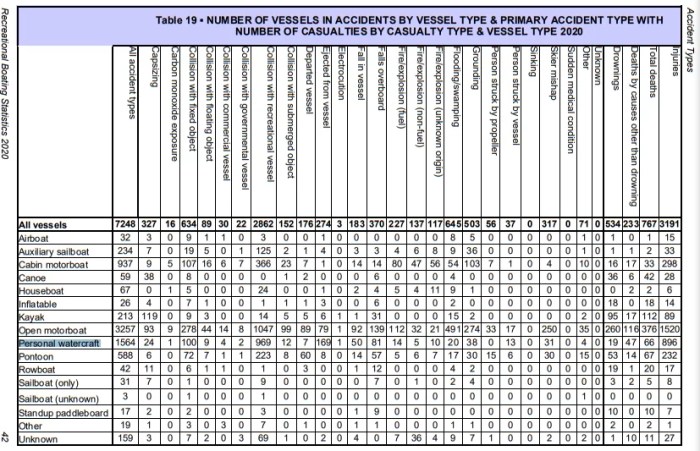
Personal watercraft (PWC) accidents can lead to serious legal and financial consequences. Operators are legally liable for any injuries or damages caused by their negligence or reckless behavior. In some cases, PWC owners may also be held responsible for the actions of their passengers.Insurance
plays a crucial role in covering the costs associated with PWC accidents. Most insurance policies provide coverage for bodily injury, property damage, and legal expenses. However, it’s important to carefully review your policy to ensure that you have adequate coverage.Regulations
and laws also play a significant role in PWC accident prevention and mitigation. Many states and municipalities have enacted laws that require PWC operators to wear life jackets, maintain a safe speed, and avoid operating under the influence of alcohol or drugs.
These laws help to reduce the risk of accidents and ensure the safety of PWC users.
Insurance Coverage
Insurance coverage for PWC accidents typically includes:
- Bodily injury liability
- Property damage liability
- Medical payments
- Uninsured/underinsured motorist coverage
- Collision coverage
- Comprehensive coverage
The specific coverage limits and deductibles will vary depending on your policy. It’s important to discuss your insurance needs with your agent to ensure that you have adequate protection.
Impact of Regulations and Laws
Regulations and laws have a significant impact on PWC accident prevention and mitigation. These laws help to ensure that PWC operators are properly trained and equipped, and that they operate their PWCs in a safe and responsible manner.Some of the most common PWC regulations and laws include:
- Life jacket requirements
- Speed limits
- Operating under the influence (OUI) laws
- Registration and titling requirements
- Noise restrictions
These laws help to reduce the risk of accidents and ensure the safety of PWC users.
User Queries
What are the most common causes of PWC accidents?
Operator error, excessive speed, and environmental factors such as weather and water conditions are the leading causes of PWC accidents.
What are some strategies for preventing PWC accidents?
Safety education and training,遵守安全法规,and the use of technology like GPS tracking and speed limiters can effectively prevent PWC accidents.
